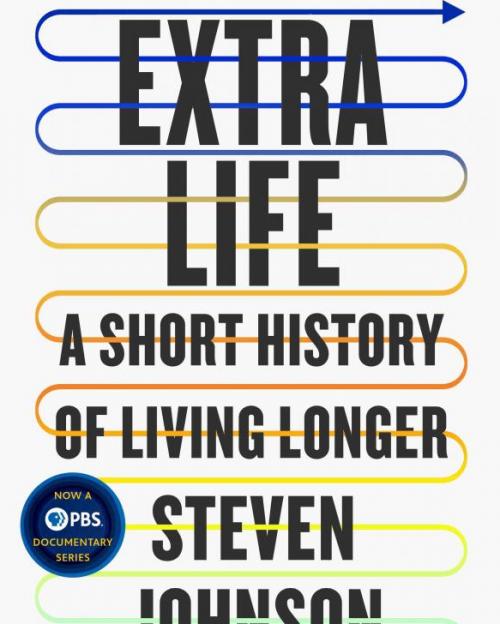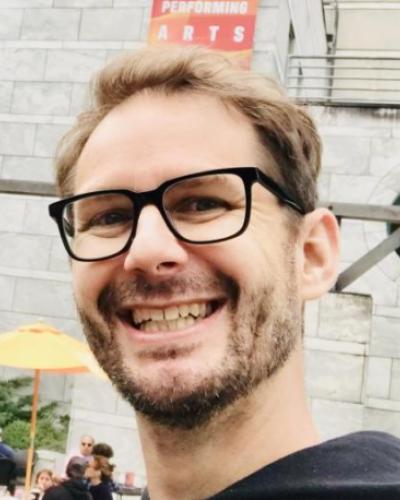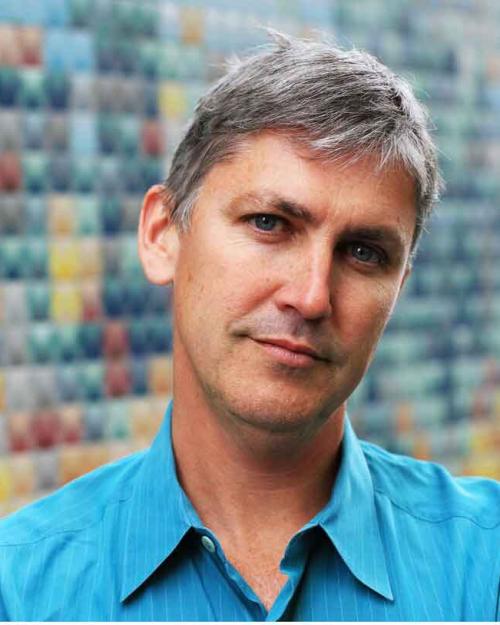New York Times best-selling science and technology writer Steven Johnson will visit campus Sept. 22 to meet with students and faculty and offer a talk to the Cornell community, “20,000 More Days: How We Doubled Global Life Expectancy in Just 100 years.”
Johnson is the author of 13 books, including “The Ghost Map,” “Mind Wide Open,” “Where Good Ideas Come From,” and his newest, “Extra Life: A Short History of Living Longer.” He is co-host and co-creator of two PBS series, Extra Life, which premiered May 11, and the Emmy-winning PBS/BBC series How We Got to Now from 2014.
Johnson’s visit is part of the Milstein Program in Technology & Humanity’s “Milstein Speaker Series,” and also sponsored by the Department of Science and Technology Studies in the College of Arts & Sciences and Cornell’s Masters in Public Health program.
His public talk with take place from 5-6 p.m. Sept. 22 in Room 132 of Goldwin Smith Hall. Because of COVID restrictions, the talk is only open to the Cornell community. Reserve a seat by signing up here.
“Steven Johnson is an exceptional biographer of ideas: the ‘invention’ of oxygen, the origins of epidemiology, the nature of innovation itself. But what makes his books so compelling, I think, is that he tells the stories of the biggest changes of our time through people — foregrounding their ingenuity, resourcefulness, and very real sacrifices,” said Austin Bunn, associate professor of performing and media arts in the College of Arts & Sciences and director of the Milstein Program. “Extra Life re-installs the pilots, milkmaids, mothers, statisticians, activists and so many others into the history of the greatest leap in humankind in the past 100 years — the doubling of our life expectancy. The mission of the Milstein Program in Technology and Humanity is to explore the interplay between change and human character, innovation and the individual, and we’re truly excited to share his work with the campus community.”
Johnson’s “Extra Life” project extends beyond his book and the PBS show, including a special issue of the NY Times Magazine in April devoted to the past and future of life expectancy, and an educational curriculum to teach this history, designed by the Pulitzer Center. All of these resources chronicle a revolution in medicine and public health, set in the context of the COVID-19 pandemic.
“Because doubling life expectancy happened slowly, the aggregate result of countless interventions, we don’t recognize it for the achievement it is,” Johnson writes. “We added 5 billion humans to the planet since 1920, not because people were having more babies, but because we figured out all these new ways to keep people from dying. Global threats like climate change are also a byproduct of these public health and medical revolutions.”
The COVID-19 pandemic, Johnson writes, is a reminder that continued progress in extending our lives is not inevitable. “That’s why it’s essential to understand how we managed to pull off this extraordinary feat — and what we need to do to ensure the benefits of extended life are shared by all communities.”
While on campus, Johnson will also visit with students in the Milstein Program and offer a workshop for faculty on book writing and development for a mainstream audience.






